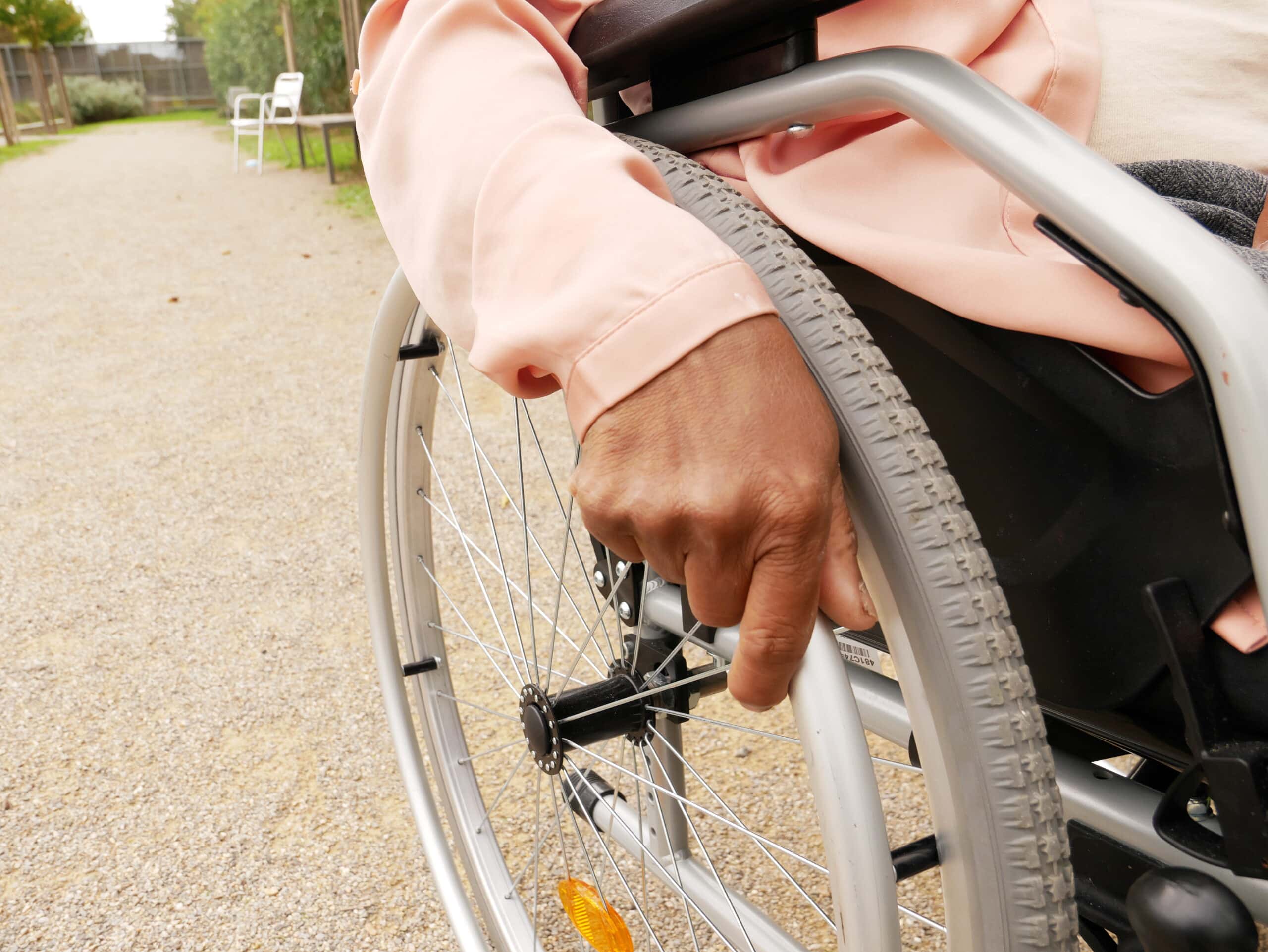
Black and Hispanic people are historically underrepresented in clinical trial research. They also often face more severe instances of disease as well as greater barriers to healthcare. This lack of representation, especially in relapsing multiple sclerosis (RMS), is concerning given this information.
To tackle these disparities, researchers conducted a two-year study to test how safe and effective ocrelizumab is for treating RMS in Black and Hispanic individuals.
Why Is the CHIMES Study Important?
The CHIMES (Characterization of Ocrelizumab in Minorities with Multiple Sclerosis) study was a two-year Genentech clinical trial led by Black doctor Dr. Mitzi Joi Williams, neurologist and founder of Joi Life Wellness Group. It set out to determine how well ocrelizumab works for Black and Hispanic people living with relapsing multiple sclerosis (RMS). Research presented at the 2025 Consortium of Multiple Sclerosis Annual Meeting in May 2025 revealed its positive impact.
Black patients tend to experience more aggressive instances of MS and face greater barriers to diagnosis and treatment. Despite this, most MS clinical trials have primarily enrolled white participants. This leaves doctors without information on how well MS treatments work across all races.
“CHIMES is a groundbreaking study that seeks to better understand MS in Black and Hispanic populations, which have previously been excluded from clinical trials,” Dr. Williams told BlackDoctor.org. The study enrolled 182 patients (62% Black, 38% Hispanic) from sites across the United States. Participants received ocrelizumab infusions at various intervals over two years.
“So far, findings suggest that the effectiveness of Ocrelizumab is similar between these populations and the populations included in our large Phase 3 clinical trials,” Dr. Williams explained.
How Did The CHIMES Study Work?
Through a variety of tools, questionnaires, and performance-based mental tasks, researchers determined that ocrelizumab was responsible

for improvements in well-being and fatigue in both groups. The medication was also successful in boosting cognitive results, specifically among Hispanic patients.
After 48 weeks, the study found that almost half of the Black patients did not have any relapses. Their symptoms did not worsen, and no new MRI lesions were found. Patients also reported that their ability to work improved during the study.
“There have also been some unique differences noted in Black people with MS, including higher MRI disease burden at baseline and higher incidence of GI side effects with infusion. However, overall outcomes, including rates of achieving NEDA (no evidence of disease activity) and improvement in patient-reported outcomes concerning fatigue and cognition, were similar to previously studied populations with MS in the pivotal trials,” Dr. Williams explained.
What Were the Results of the CHIMES Study?
CHIMES was a two-year study, which also included an optional three-year extension phase that allowed participants to continue receiving treatment. Because MS is a lifelong condition, understanding how treatments perform in diverse populations is important.
The CHIMES study gives valuable insight, showing that ocrelizumab worked in reducing relapses and MRI disease activity in Black and Hispanic patients with relapsing multiple sclerosis (RMS).
The data from CHIMES demonstrates that ocrelizumab can be a safe and effective treatment option for these groups. This study helps to address long-standing disparities in MS care and research.









